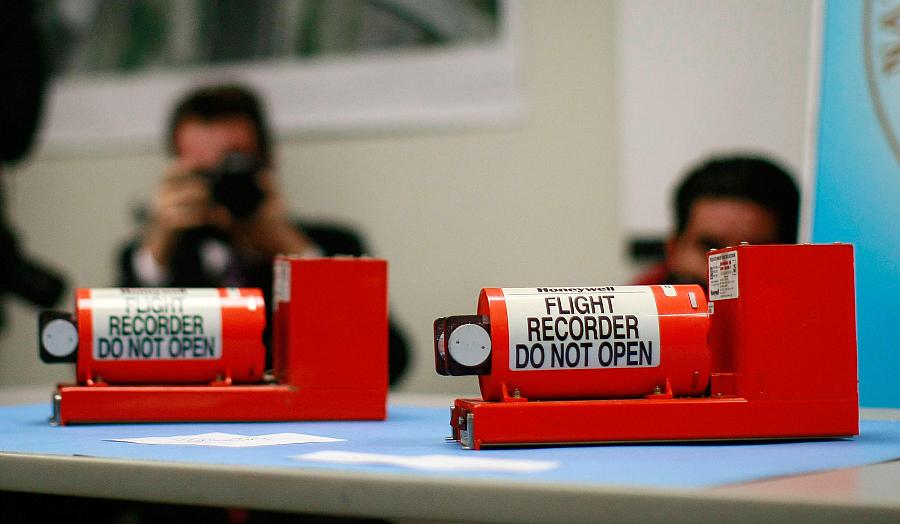Flying Blind: Should we treat medical errors like plane crashes?

Win McNamee/Getty Images
When someone dies — like Bill Paxton — from complications related to health care, we often treat it as an unavoidable tragedy, which is very different from how we look at a plane crash, for instance.
With a plane crashes, our mind immediately goes to questions like: “Was the airplane on the right flight path? Had it been inspected recently? Was it made with a faulty component?”
The National Transportation Safety Board digs into questions like these for accidents that fall under its jurisdiction. (Everyday car accidents usually do not, but accidents involving bridges, railways, and airplanes generally do.) Dr. Kevin Kavanagh and a group of co-authors recently cited the board as a useful foil when discussing the way we typically approach medical deaths.
In a new article published in the Journal of Patient Safety, Kavanagh, who heads up the patient safety nonprofit Health Watch USA, and his co-authors argued that preventable deaths in hospitals should be tallied at more than 160,000 annually, and they provided a detailed analysis of why. They also wrote about how the small amount of information recorded in death certificates leaves us blind to some of the real problems underlying many medical errors:
In comparison, when the National Transportation Safety Board (NTSB) investigates a crash, it lists all primary and contributing factors. These factors are not treated any differently from one another, and the complexities of proving causality is not used to mitigate the impact of an action taken regarding a contributing factor.
Many of you probably recall the work that federal investigators put into finding the black box recorder that is supposed to contain the data relevant to the final moments before a major plane or train accident. Or how much time is spent searching the ocean for pieces of plane wreckage. The authors wrote:
The NTSB goes to extraordinary lengths to understand the probable cause and contributing factors of an accident to formulate future interventions, which are designed to prevent future events. Until health care can produce similar reliable data, we will need to rely on self-reported events, chart reviews, trigger tools, and claims analysis to estimate causes.
I found the piece quite interesting, even for people who aren’t as immersed in the patient safety universe as I am. (And I am not nearly as immersed as Kavanagh.) Of course I don’t believe that Kavanagh is advocating for the creation of a federal agency that would investigate every health care-related death. But his point about the type and amount of data we gather on deaths is well taken. What would a more thorough effort look like?
The authors note that one route would be more use of operating room cameras. This suggestion probably gives about half of all readers out there the willies, but I would think that, given the option, a good number of people would agree to having their surgery recorded, especially if they were under anesthesia. This would help mitigate the tendency on the part of some surgeons to alter medical records to cover up mistakes. I wrote about the case of a child who died shortly after birth, and video evidence proved critical to understanding what went wrong.
Recording surgeries would not be that different from the increasingly common practice used by police officers during traffic stops. Someone is pulled over, and a camera starts recording. Part of the thinking is that the sheer presence of the camera will make both the person being stopped and the police officer less likely to resort to violence.
Now, pause for a moment and think about how you would feel with a camera recording you doing your most brain-intensive and high-risk work. That anxiety you are experiencing is the same feeling some surgeons have when someone suggests turning a camera on in the operating suite. So this is not an option to pursue without fully thinking through the consequences. Better capturing and tracking medical errors is the real goal, and recording could create more problems than it solves.
There is one thing that better tracking medical errors — on or off camera — would do. It would make it harder to blame the victim. I’ll write more about that in my next post.
--
Related Posts
Flying Blind: Why do we keep blaming the victims of medical errors?

